01 Feb Field Note: No More Deliveries By Candlelight
I was standing in the the maternity ward at Ambohimanga du Sud’s health center during a tour of the kind that we, an organization partnering with the government, take before beginning work to strengthen it. We had just finished looking through the handwritten registries, specifically at the number of births the midwife there had attended in the recent past; on average, there had been about 25 per month. I was thinking about how this number represents countless women in Madagascar who are brave enough to walk long distances in the late stages of their pregnancies – often for many hours or even more than one day – in an effort to preserve their lives and those of their unborn children by delivering in a health center rather than at home.
I can now repeat Madagascar’s most staggering statistics in my sleep: 1 in 14 women will die during childbirth in her lifetime; 1 in 6 children will die before they turn five years old; women in rural Madagascar will, on average, give birth to 7 children. Seven becomes fewer if women have access to family planning options, and usually many fewer if they actually believe their children are likely to survive. Since becoming a mother myself, I am able to feel these kinds of statistics in my bones. When I choose to let myself think about them – really think about them – I am brought to tears.
Hanging back from the tour group, I was still looking through the registries and taking a moment to let the delivery numbers sink in, when from the next room I heard PIVOT’s Country Director, Dr. Ali Ouenzar, say, “let Tara come in and see this for herself.” As I entered the small delivery room, Dr. Ali pointed to a group of wax drippings that lay on the rusted metal table where hundreds of women had labored. “What is that, Tara?” he asked.
The wax had dripped from the single candle the midwife there uses to delivers babies at the health center after dark. The candlestick you see in the embedded photo, as well as very few odds and ends in terms of medical tools, are all that she has to ensure the safety and survival of each mother and child who come through the door.
And yet, we are living in 2018. Elon Musk just shot a rocket into orbit around the sun, my internet connection in that remote place was nearly as strong as it is at home, and my neighbor’s cat just had hip replacement surgery. We cannot tolerate this sort of inequity any longer. We know what needs to be done to address the issue of maternal mortality, and we, as a global society, have the means to solve it.
This year, PIVOT will strengthen the Ambohimanga du Sud health center. The maternity ward will be electrified, the rusty table will be replaced with dignified delivery beds, the midwife will be supported by other colleagues to share her call schedule, and the community health workers will know that when they encourage a woman to deliver at a health center, they are doing the right thing.
Pregnant women who choose to deliver at Ambohimanga du Sud’s health center – or any PIVOT-supported facility – will have dignified waiting houses to spend their last days of pregnancy, which we will ensure are not the last days of their lives. The brave women who walk to the health center to deliver will be able to face the universally frightening experience of childbirth with the genuine belief that they are likely to survive it. And, indeed, they deserve just that.
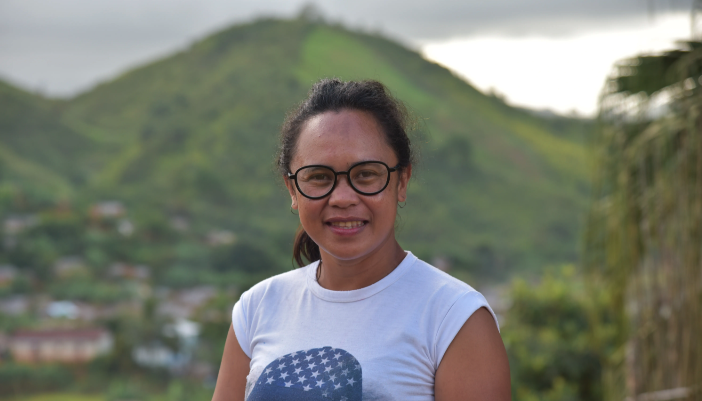
Tsaratiana, a midwife at Ambohimanga du Sud’s health center, outside the maternity ward where she deliveries an average of 25 babies per month.
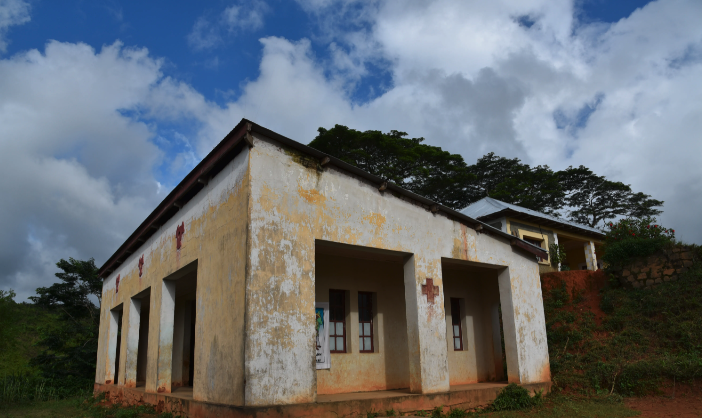
The maternity ward building at Ambohimanga du Sud’s health center.
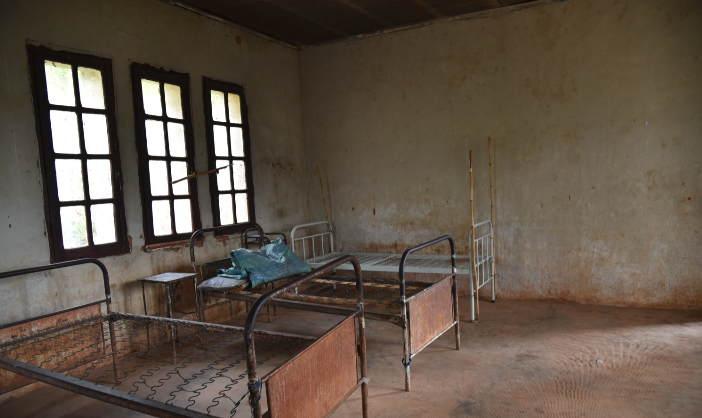
Inside the maternity ward, the room reserved for mothers recovery after delivery.
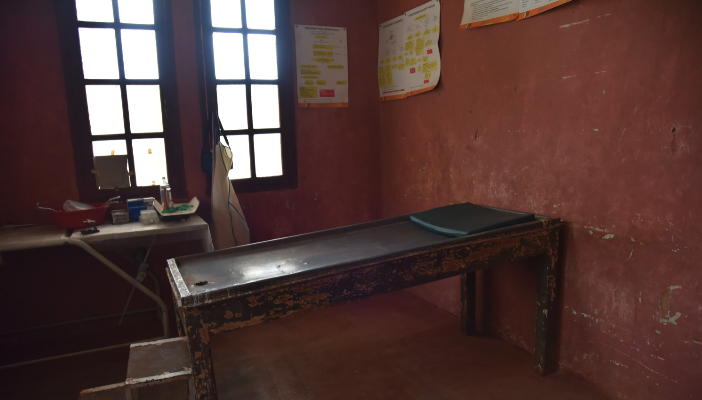
In Ambohimanga du Sud’s health center, the delivery room is equipped with this bed for laboring mothers.
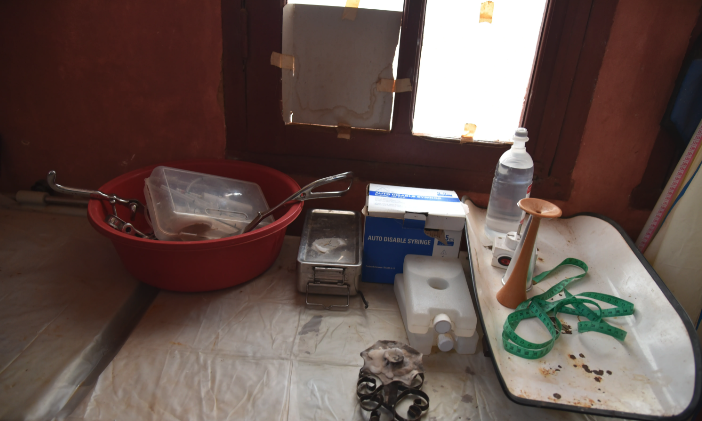
Equipment used to aid deliveries in Ambohimanga du Sud’s maternity ward.

At night, the midwives have only one candlestick to illuminate the delivery room.
